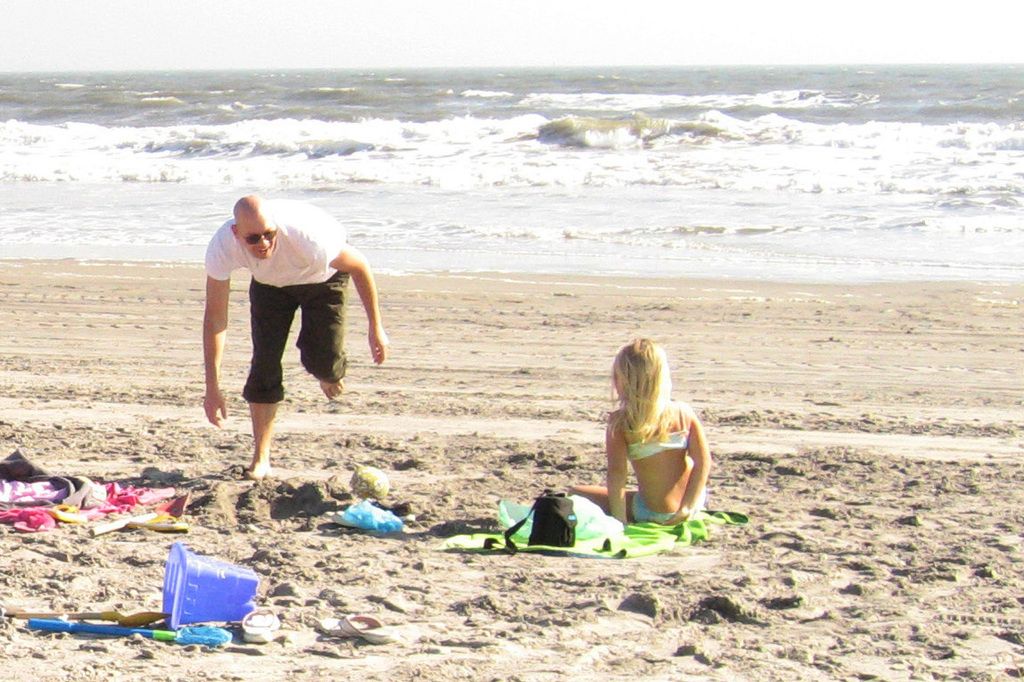Struggling Giant in the Food Business: Ghost Kitchen Industry Faces Difficulties, Yet Shows Signs of Recovery
Modern-Day Culinary Shadows: Ghost Kitchens on the Rise
Ever heard of a culinary phantom? No, not a one-of-a-kind dish served at an exclusive restaurant, but a restaurant itself, known as a ghost kitchen. These shadowy eateries serve orders like your typical eatery, yet lack a physical storefront or dining area. They've made headlines as the online delivery boom took off, offering a cost-effective solution for brands to capitalize on the high demand for takeout and delivery.
Amid the COVID-19 pandemic, an astonishing 70,000 restaurants in the US shut their doors, leaving a sizable void in the market. Ghost kitchens, though existing prior to the pandemic, truly flourished under these circumstances. Uber co-founder Travis Kalanick, for instance, set up CloudKitchens in 2020, investing over $130M in more than 40 locations across 24 cities. Even Wendy's joined the trend, planning to open 700 ghost kitchens in partnership with Reef Technology. (CNN)
But as people returned to their old habits, craving the return of dining-in, these newfangled kitchens seemed to lose their luster. The National Restaurant Association (NRA) discovered that an overwhelming 70% of patrons prefer their meals to come from a physically accessible restaurant. Consumers expressed concern about not knowing where or how their food was prepared and felt misled when they thought they were ordering from a small, local joint but ended up with a major chain serving multiple cuisines from the same kitchen. (CNN)
Restaurant consultant and hospitality professor Stephen Zagor summed it up perfectly, "The mystery meal world of virtual restaurants wasn't as necessary when people went back to restaurants." Instead, consumers appeared to prefer dining establishments they've visited, seen, or heard about. They had no interest in digital shells created by technology and marketing.
Despite CNN labeling the ghost kitchen industry as on the brink of failure, there's a silver lining. Food-delivery startup Wonder, co-founded by Marc Lore, recently secured a $100M investment from Nestle, bringing its cumulative funds to over $850M. Wonder operates like a high-end food hall, partnering with famous chefs and restaurants to provide made-to-order food delivered by Wonder couriers. Some Wonder kitchens even operate within food halls where customers can walk in, while offering the unique ability for consumers to order from four distinct "restaurants" in a single order. In short, Wonder aims to erase post-pandemic stigmas surrounding the ghost kitchen model. (Restaurant Business Online)
Whether you're a supporter or critic of the ghost kitchen phenomenon, the third-party food delivery model has proven unsustainable for many restaurants. The delivery-dominated market is projected to expand exponentially in the coming decades, but consumers' cravings for tangible food experiences remain strong. Despite a few ghost kitchen closures, giant corporations like Nestle remain optimistic about hybrid forms of these kitchens. They are, after all, getting ever closer to a viable and enduring delivery model in which delivery-dominant kitchens will likely play a significant role.
Consumer behavior continues to shape the food industry, with many preferring traditional dining experiences over delivery-only ghost kitchens, according to the National Restaurant Association (NRA). However, the finance sector remains optimistic about the future of hybrid ghost kitchens, as food-delivery startup Wonder secured a significant investment from Nestle, hinting at a potential viable and enduring delivery model.




